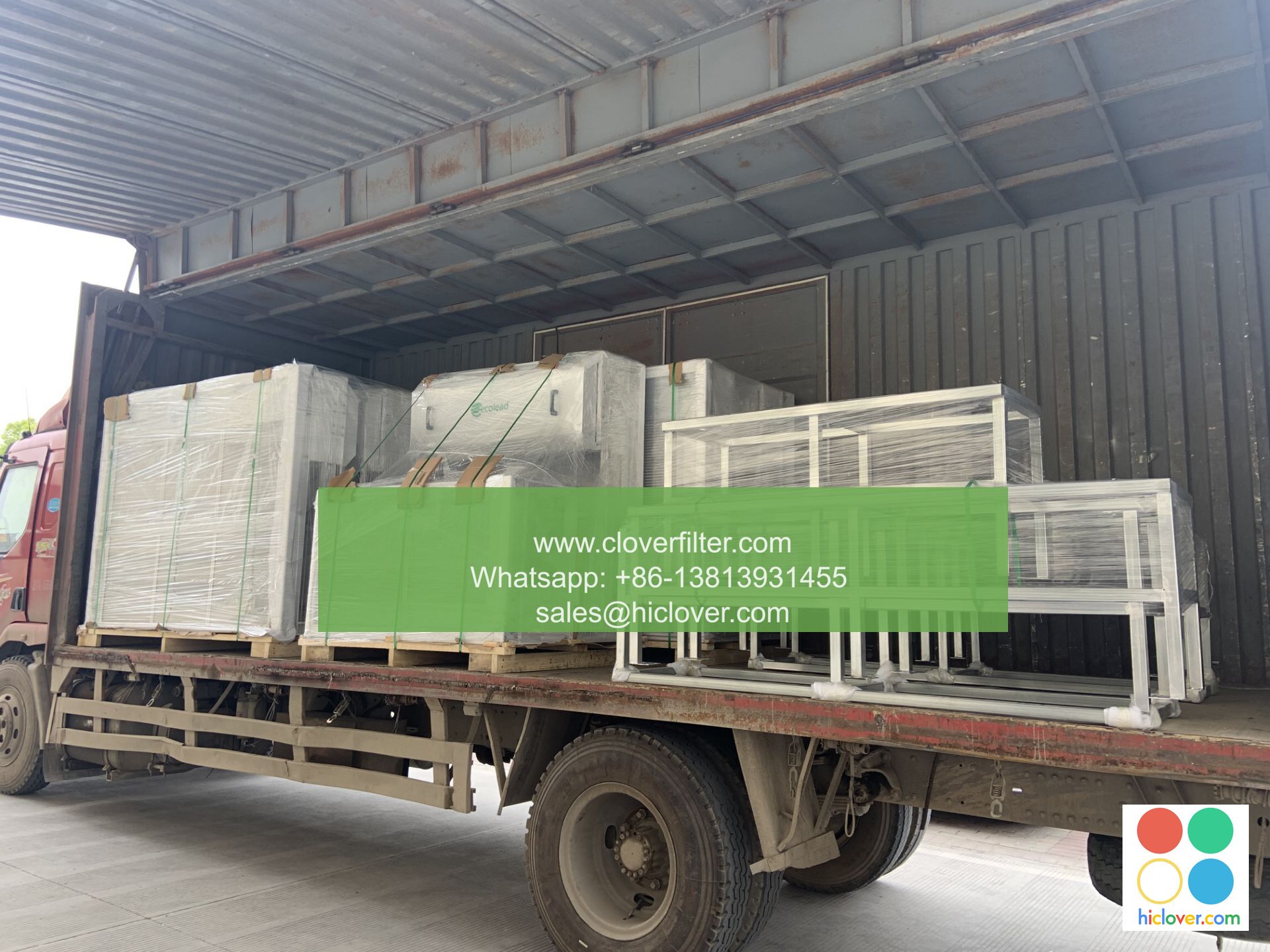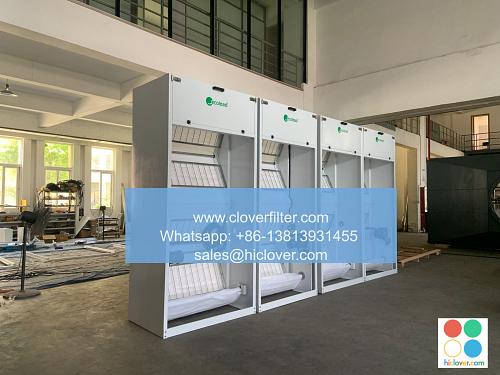The Benefits of Automatic Roll Air Filter in Electronics Recycling: A Hamilton Case Study

The electronics recycling industry has experienced significant growth in recent years, driven by the increasing demand for responsible disposal of electronic waste. One of the key challenges in this industry is maintaining a clean and efficient recycling process, particularly when it comes to handling sensitive electronic components. In this context, the use of automatic roll air filters has emerged as a game-changer, offering numerous benefits for electronics recycling facilities. This article will explore the advantages of automatic roll air filters, using a case study from Hamilton, a leading electronics recycling company.
In the electronics recycling process, air filtration plays a critical role in preventing damage to sensitive components and ensuring a safe working environment. Traditional air filtration systems often require frequent manual maintenance, which can be time-consuming and labor-intensive. Furthermore, these systems may not provide adequate filtration, leading to reduced productivity and increased costs. Automatic roll air filters, on the other hand, offer a reliable and efficient solution, capable of capturing up to 99.97% of particles as small as 0.3 microns.
Hamilton, a prominent electronics recycling company, recently implemented automatic roll air filters in their facility. The results were impressive, with a significant reduction in maintenance downtime and an increase in overall productivity. The company reported a 30% decrease in labor costs associated with air filtration maintenance, allowing them to allocate resources more efficiently. Moreover, the improved air quality led to a 25% reduction in equipment damage, resulting in substantial cost savings.
One of the primary benefits of automatic roll air filters is their ability to minimize downtime. These systems are designed to automatically replace the filter media as needed, eliminating the need for manual intervention. This feature ensures that the air filtration system remains operational at all times, preventing disruptions to the recycling process. Additionally, the automatic roll air filter’s self-cleaning mechanism reduces the risk of filter clogging, further minimizing maintenance requirements.
Another significant advantage of automatic roll air filters is their ability to improve indoor air quality. By capturing a wide range of particles, including dust, smoke, and other airborne contaminants, these systems create a safer working environment for employees. This is particularly important in electronics recycling facilities, where workers may be exposed to hazardous materials and chemicals. Improved indoor air quality also contributes to a reduction in employee absenteeism and increased productivity.
In terms of cost savings, automatic roll air filters offer a compelling value proposition. While the initial investment in these systems may be higher than traditional air filtration solutions, the long-term benefits far outweigh the costs. With reduced maintenance requirements, extended filter life, and improved equipment performance, automatic roll air filters can provide a significant return on investment. Hamilton, for example, reported a payback period of just 18 months after implementing automatic roll air filters in their facility.
Conclusion:
In conclusion, the benefits of automatic roll air filters in electronics recycling are clear. These systems offer improved efficiency, reduced maintenance requirements, and enhanced indoor air quality, resulting in increased productivity and cost savings. The case study from Hamilton demonstrates the real-world advantages of implementing automatic roll air filters in an electronics recycling facility. As the industry continues to evolve, the adoption of these innovative air filtration solutions is likely to become increasingly widespread, driving improved performance and sustainability in electronics recycling operations.
FAQs:
- What is an automatic roll air filter? An automatic roll air filter is a type of air filtration system that uses a roll of filter media to capture airborne particles. The system automatically replaces the filter media as needed, minimizing maintenance requirements.
- How do automatic roll air filters improve indoor air quality? Automatic roll air filters capture a wide range of particles, including dust, smoke, and other airborne contaminants, creating a safer working environment for employees and reducing the risk of equipment damage.
- What are the cost savings associated with automatic roll air filters? Automatic roll air filters offer reduced maintenance requirements, extended filter life, and improved equipment performance, resulting in significant cost savings and a rapid return on investment.
- Can automatic roll air filters be used in other industries? Yes, automatic roll air filters can be used in a variety of industries, including manufacturing, pharmaceuticals, and food processing, where improved air quality and reduced maintenance are essential.
- How do I implement an automatic roll air filter in my facility? To implement an automatic roll air filter, consult with an air filtration expert to determine the best system for your specific needs and ensure a smooth integration with your existing operations.


